Water At The Roots
$16.00
In a society uprooted by war, industrialization, hate-filled ideology, and dehumanizing technology, a revolutionary farmer-poet reconnects his people to the land and one another.
Something of a British Wendell Berry, Philip Britts (1917-1949) was a soft-spoken West Country farmer, poet, activist, and mystic. Even as his country plunged headlong into a second world war, he sought a way of life where people could work together in harmony with nature and one another. He found an answer, though it would cost him his land and his life.
These were years of turbulence and disillusionment, in Europe and beyond. Why had progress brought with it so much suffering? Britts saw that in losing our connection to nature and the earth, we are losing our humanity – our connection to one another. He watched as his friends in the peace movement, socialist circles, and Christian churches joined the battle against Hitler, but he refused to resort to violence. Instead he threw himself into an attempt to live out the radical demands of Jesus’ Sermon on the Mount on a personal and local level in community.
Britts’s story is no romantic agrarian elegy, but a life lived in the thick of history. The international pacifist community he joined, the Bruderhof, was soon forced to flee Europe. Now the earth he tilled was no longer the moist soil of his homeland, but a harsh tropical climate of drought, locusts, and blight. A highly trained horticulturalist, he loved working the land and discovering new wonders of nature, “to see in growing corn the fingerprints of God.” And his expertise and research helped alleviate hunger in Paraguay and Brazil. But now the soil was also shoveled over babies’ graves, and soon Britts himself contracted a rare tropical disease that would take his life at the age of thirty-one, leaving behind a wife and three young children.
Philip Britts’s generation faced great dangers and upheavals, as does ours. His response – to root himself in God, to dedicate himself to a community, to restore the land he farmed, and to use his gift with words to turn people from their madness – speaks into our age just as forcefully. The life he chose, as well as his poetry, remain a prophetic challenge in a time still wracked by war, racism, nationalism, materialism, and ecological devastation. Britts’s insights into our relationship with the natural environment are particularly poignant now that we are even more aware of its fragility.
In a world of concrete and p
in stock within 3-5 days of online purchase
SKU (ISBN): 9780874861280
ISBN10: 0874861284
Philip Britts
Binding: Trade Paper
Published: March 2018
Publisher: Plough Publishing House
Related products
-
Grief Observed
$17.99Written by C. S. Lewis with love and humility, this brief but poignant volume was first published in 1961 and courageously encounters the anger and heart-break that followed the death of his wife, an American-born poet, Joy Davidman. Handwritten entries from notebooks that Lewis found in his home capture the doubt and anguish that we all face in times of great loss. He questions his beliefs in this graceful and poignant affirmation of faith in the face of senseless loss.
Add to cartin stock within 3-5 days of online purchase
-
Abolition Of Man
$17.99In this graceful work, C. S. Lewis reflects on society and nature and the challenges of how best to educate our children. He eloquently argues that we need as a society to underpin reading and writing with lessons on morality and in the process both educate and re-educate ourselves. In the words of Walter Hooper, “If someone were to come to me and say that, with the exception of the Bible, everyone on earth was going to be required to read one and the same book, and then ask what it should be, I would with no hesitation say The Abolition of Man. It is the most perfectly reasoned defense of Natural Law (Morality) I have ever seen, or believe to exist. If any book is able to save us from future excesses of folly and evil, it is this book.” This beautiful paperback edition is sure to attract new readers to this classic book.
Add to cartin stock within 3-5 days of online purchase
-
Church History In Plain Language
$39.99Over 330,000 copies sold. This is the story of the church for today’s readers.
Bruce Shelley’s classic history of the church brings the story of global Christianity into the twenty-first century. Like a skilled screenwriter, Shelley begins each chapter with three elements: characters, setting, plot. Taking readers from the early centuries of the church up through the modern era he tells his readers a story of actual people, in a particular situation, taking action or being acted upon, provides a window into the circumstances and historical context, and from there develops the story of a major period or theme of Christian history. Covering recent events, this book also:
*Details the rapid growth of evangelical and Pentecostal Christianity in the southern hemisphere*Addresses the decline in traditional mainline denominations
*Examines the influence of technology on the spread of the gospel
*Discusses how Christianity intersects with other religions in countries all over the world
For this fifth edition, Marshall Shelley brought together a team of historians, historical theologians, and editors to revise and update this father’s classic text. The new edition adds important stories of the development of Christianity in Asia, India, and Africa, both in the early church as well as in the twentieth and twenty-first centuries. It also highlights the stories of women and non-Europeans who significantly influenced the development of Christianity but whose contributions are often overlooked in previous overviews of church history.
This concise book provides an easy-to-read guide to church history with intellectual substance. The new edition of Church History in Plain Language promises to set a new standard for readable church history.
Add to cartin stock within 3-5 days of online purchase

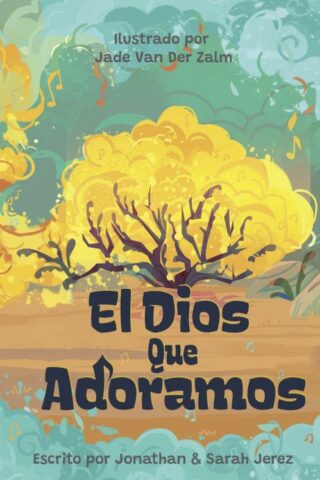 Dios Que Adoramos - (Spanish)
Dios Que Adoramos - (Spanish)
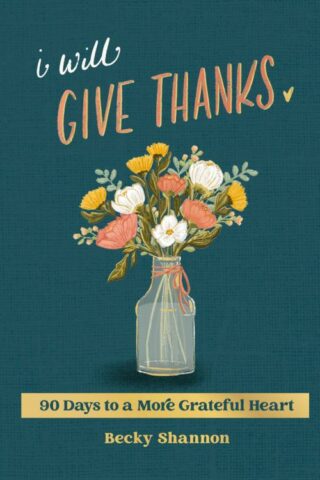 I Will Give Thanks
I Will Give Thanks
 I Want To Trust You But I Dont
I Want To Trust You But I Dont
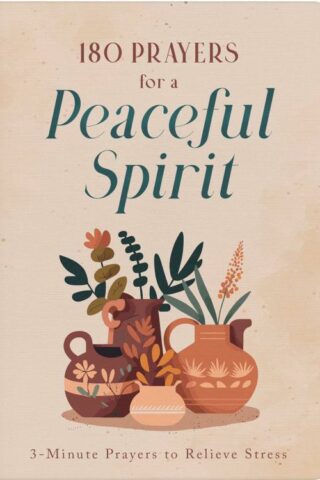 180 Prayers For A Peaceful Spirit
180 Prayers For A Peaceful Spirit
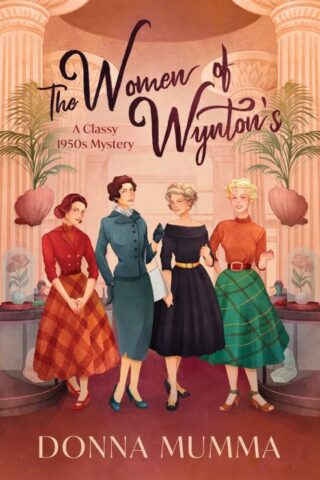 Women Of Wyntons
Women Of Wyntons
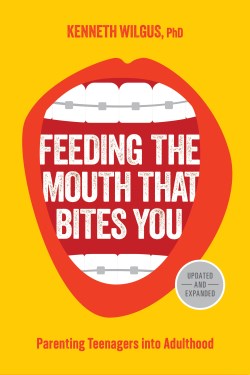 Feeding The Mouth That Bites You (Expanded)
Feeding The Mouth That Bites You (Expanded)
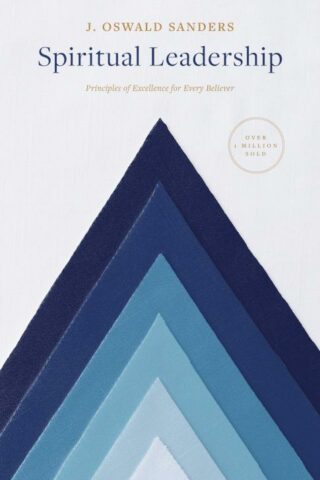 Spiritual Leadership : Principles Of Excellence For Every Believer
Spiritual Leadership : Principles Of Excellence For Every Believer
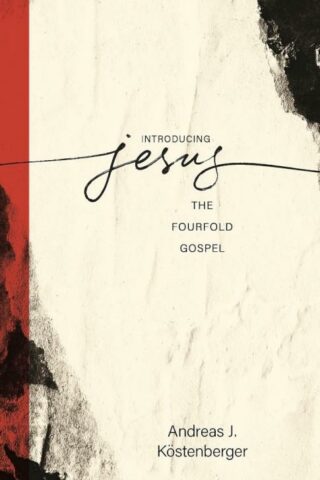 Introducing Jesus : The Fourfold Gospel
Introducing Jesus : The Fourfold Gospel
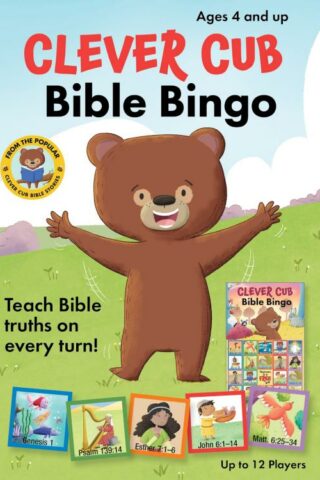 Clever Cub Bible Bingo
Clever Cub Bible Bingo
 Thieving At Carlton House
Thieving At Carlton House
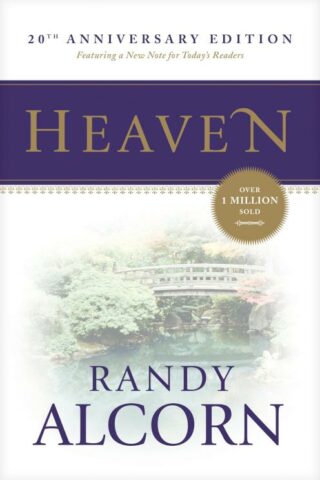 Heaven : 20th Anniversary Edition (Anniversary)
Heaven : 20th Anniversary Edition (Anniversary)
 Adoration Gift Set
Adoration Gift Set
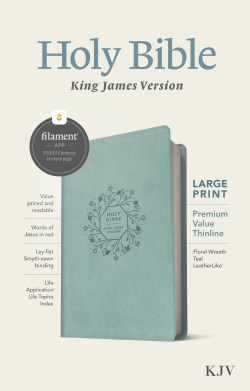 Large Print Premium Value Thinline Bible Filament Enabled Edition
Large Print Premium Value Thinline Bible Filament Enabled Edition
 Gift And Award Bible Comfort Print
Gift And Award Bible Comfort Print
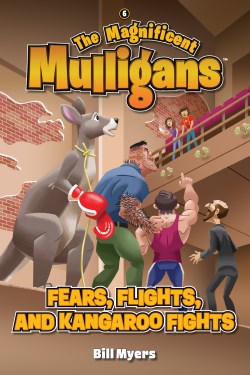 Fears Flights And Kangaroo Fights
Fears Flights And Kangaroo Fights
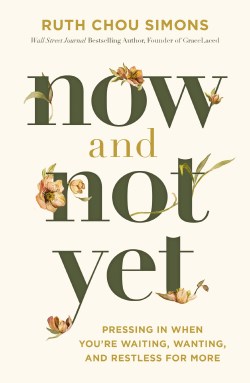 Now And Not Yet
Now And Not Yet
 Single Column Journaling Bible Large Print
Single Column Journaling Bible Large Print
 Of Gold And Shadows
Of Gold And Shadows
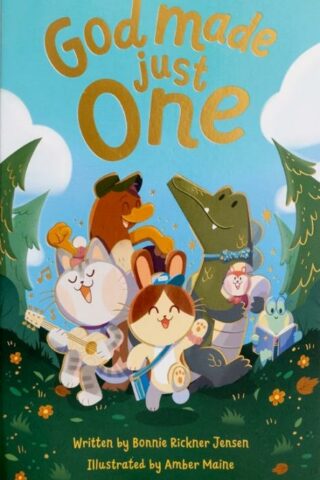 God Made Just One
God Made Just One
 Fellowship Prefilled Communion Cups
Fellowship Prefilled Communion Cups
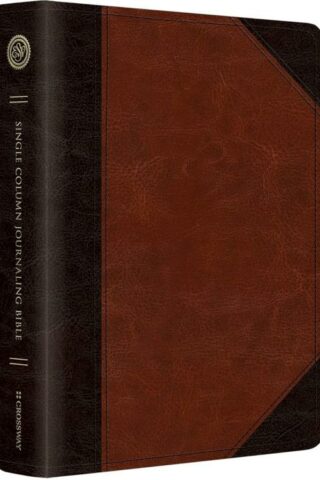 Single Column Journaling Bible
Single Column Journaling Bible
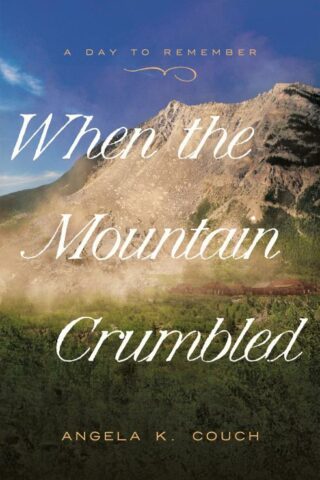 When The Mountain Crumbled
When The Mountain Crumbled
 Filament Bible Journal Mark
Filament Bible Journal Mark
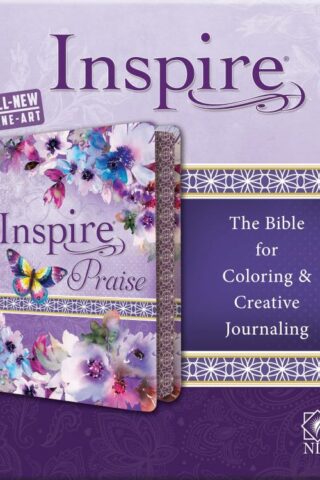 Inspire PRAISE Bible
Inspire PRAISE Bible
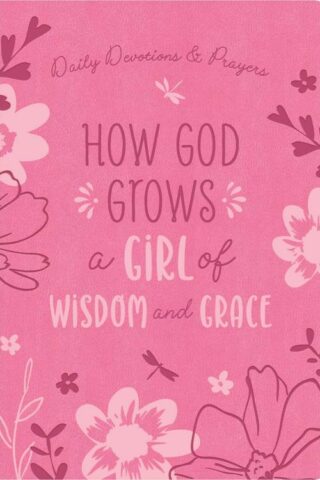 How God Grows A Girl Of Wisdom And Grace
How God Grows A Girl Of Wisdom And Grace
 Yours Not Hers
Yours Not Hers
 Inspire Bible
Inspire Bible
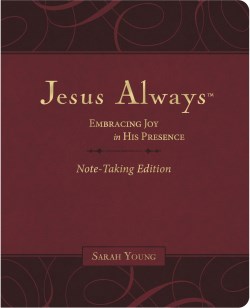 Jesus Always Note Taking Edition
Jesus Always Note Taking Edition
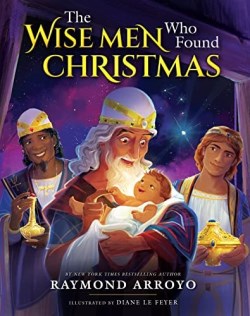 Wise Men Who Found Christmas
Wise Men Who Found Christmas
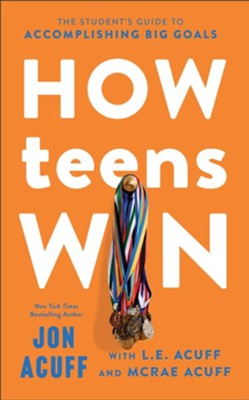 How Teens Win
How Teens Win
 Wifes Prayer : Seeking Gods Best For Your Husband
Wifes Prayer : Seeking Gods Best For Your Husband
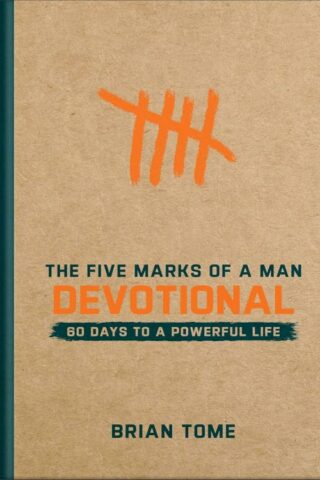 5 Marks Of A Man Devotional
5 Marks Of A Man Devotional
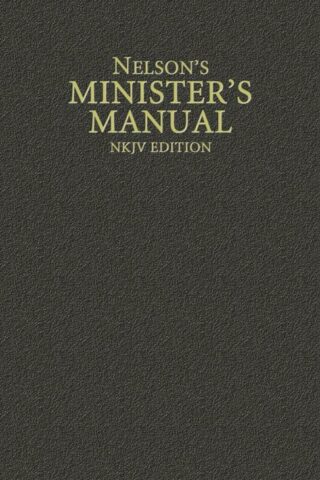 Nelsons Ministers Manual NKJV Edition
Nelsons Ministers Manual NKJV Edition
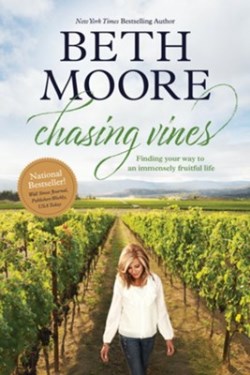
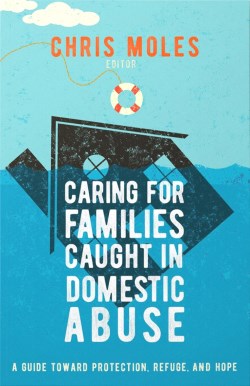
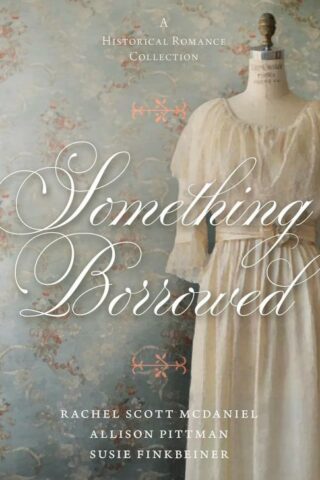

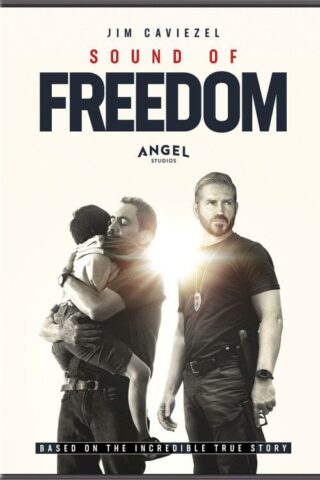
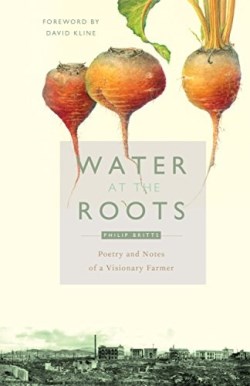
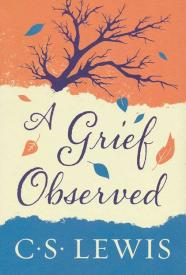
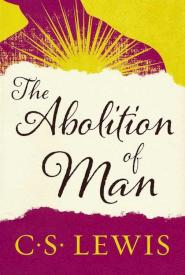
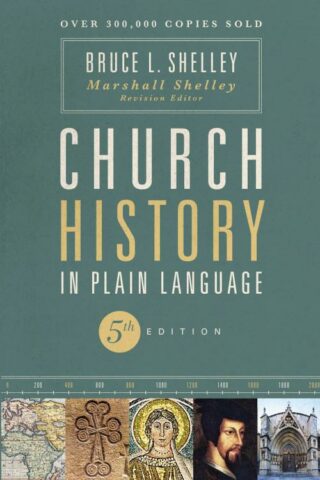
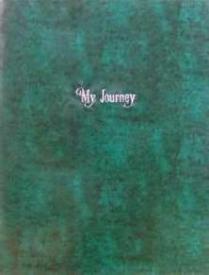
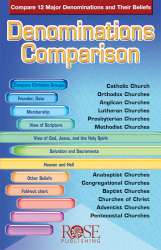
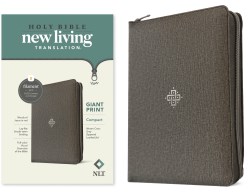
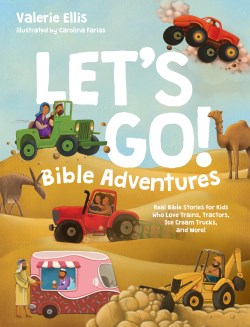
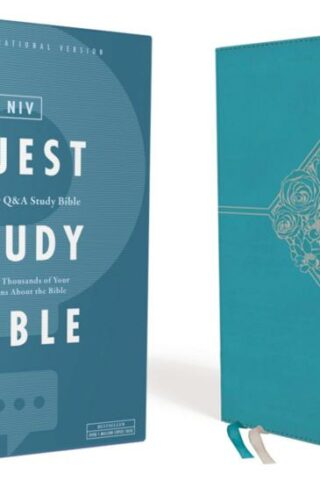
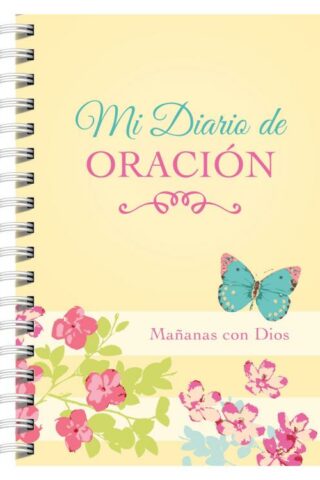
Reviews
There are no reviews yet.